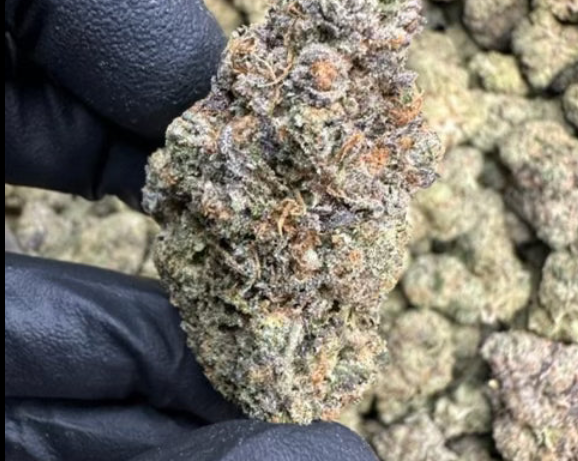In times of stress, your brain instinctively produces its own cannabinoids, mirroring the effects of THC found in cannabis plants. While the regulation of brain activity by these endogenous cannabinoid molecules was previously unclear, a recent study from Northwestern Medicine sheds light on this intricate process.
Published in Cell Reports, the study in mice reveals that the amygdala, a crucial emotional brain center, releases its own cannabinoids during stress. These molecules then act to dampen the stress signals originating from the hippocampus, a center for memory and emotion. This discovery supports the theory that endogenous cannabinoids serve as the body’s natural response to stress.
Exposure to stress increases the risk of developing or exacerbating psychiatric disorders, ranging from generalized anxiety and major depression to post-traumatic stress disorder (PTSD). Dr. Sachin Patel, the corresponding author of the study, emphasizes the importance of understanding how the brain adapts to stress at molecular, cellular, and circuit levels, offering insights into translating stress into mood disorders and identifying potential therapeutic targets.

The study suggests that deficiencies in the brain’s endogenous cannabinoid signaling system may make individuals more susceptible to stress-related psychiatric disorders, though this requires further investigation in humans. Using a novel protein sensor, the researchers demonstrated that specific high-frequency patterns of amygdala activity trigger the release of these cannabinoids, which occurs in response to various stressors in mice.
Removing the target of these cannabinoids, known as cannabinoid receptor type 1, resulted in mice exhibiting poor stress coping abilities and motivational deficits. Specifically, mice without this receptor showed more passive and immobile responses to stress, along with a decreased preference for sweetened sucrose water post-stress, which may be linked to anhedonia often seen in stress-related disorders like depression and PTSD.
Dr. Patel underscores the endocannabinoid system as a prominent candidate for drug development in stress-related psychiatric disorders. The study’s findings prompt the exploration of whether increasing endogenous cannabinoid levels could serve as a therapeutic approach for these disorders. Ongoing clinical trials in this area may provide answers in the near future.
The study’s co-authors from Northwestern include Farhana Yasmin, PhD; Amanda Morgan, PhD, Research Assistant Professor of Psychiatry and Behavioral Sciences; and Keenan Johnson.



